The Free Palestine Movement advocates for Palestinian rights and sovereignty. Its goal is to end the Israeli occupation of Palestinian territories.
The Free Palestine Movement is a global activist campaign aimed at bringing international attention and support to the struggle for Palestinian self-determination and the end of Israeli occupation. It encompasses a range of organizations and efforts, including boycotts, protests, and educational initiatives designed to pressure Israel for a solution based on international law.
The movement seeks to highlight the humanitarian issues faced by Palestinians and calls for an end to the blockade of Gaza, settlement expansion, and violations of Palestinian human rights. Unity among various groups within the movement is centered on the shared desire for peace and justice in the region. This cause has gained traction worldwide, influencing policy debates and drawing a diverse array of supporters seeking to ensure the liberation and dignity of the Palestinian people.
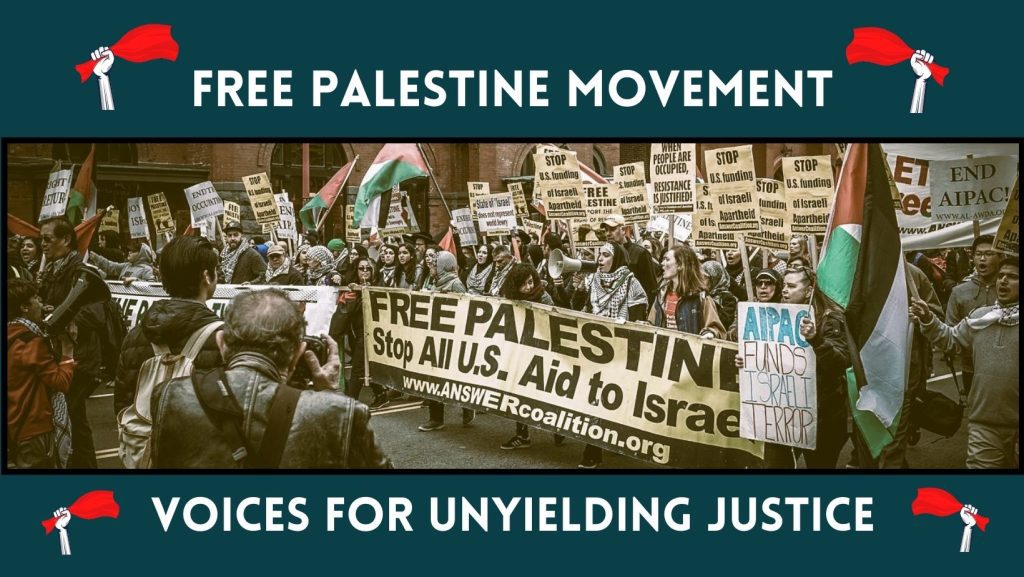
Related Article: Peace in Islam: Understanding its Amazing Transformational Power
Roots Of The Free Palestine Movement
The Free Palestine Movement champions the rights and self-determination of Palestinians. It echoes through the hearts of many around the globe. The movement seeks justice and peace in the region.
Historical Context
The movement’s roots stretch back to the early 20th century. It began amid geopolitical shifts and the waning Ottoman Empire. The Balfour Declaration of 1917 marked a critical moment. This document supported a Jewish homeland in Palestine. It led to tensions over land and identity.
The twentieth century watched the conflict intensify. Many Palestinians found themselves displaced. The creation of Israel in 1948 was pivotal. It triggered a series of wars and disputes. These events form the backdrop of the Free Palestine Movement.
Rise Of International Solidarity
Solidarity grew from the 1960s onwards. Global movements began to recognize Palestine’s struggle. They called for an end to occupation and respect for human rights. This support led to widespread demonstrations and campaigns.
Countries and organizations across continents lent their voice. They offered aid and pushed for political resolutions. Universities, artists, and activists united for the cause. The movement grew stronger with each act of solidarity.
Key Goals And Principles
The Free Palestine Movement focuses on achieving lasting peace and justice. The movement’s core revolves around specific key goals and principles. These serve as the foundation for its actions and aspirations. Understanding these goals helps in appreciating the depth of the cause. Let’s explore some of these central aims.
Self-determination And Sovereignty
Self-determination stands at the forefront of the movement’s objectives. This means allowing the Palestinian people to decide their future freely. It’s about having the power to govern themselves without external interference. Sovereignty complements this goal. The movement seeks an independent state where Palestinians can exercise full authority over their land, resources, and politics. These concepts are vital for the dignity and freedom of any nation.
Human Rights And International Law
Human rights form a universal standard for treating all individuals with respect and dignity. The movement insists on the protection of these rights for all Palestinians. Any form of discrimination or abuse is unacceptable. International law often supports these rights. The movement advocates adherence to these laws. The goal is to ensure Palestinians enjoy the same liberties and safeguards as others around the world.
- Achieve recognition of Palestinian rights
- Enforce legal accountability for rights violations
- Support equality and justice for every individual
Major Campaigns And Protests
The Free Palestine Movement has ignited global attention through diverse campaigns and protests. These actions aim to raise awareness and apply pressure to end the occupation of Palestinian territories. Let’s explore some major movements that have shaped the struggle for Palestinian rights.
Boycott, Divestment, Sanctions (bds)
The BDS movement emerged in 2005. It urges people and groups to boycott Israeli products, divest from companies, and sanction the state of Israel. The goal is to support Palestinian human rights. Key sectors targeted include academia, culture, and commerce. BDS campaigns have seen successes worldwide. Here’s how they make an impact:
- Economic Pressure: Influences companies profit-linked to Israeli policies.
- Academic Boycotts: Discourages collaboration with Israeli academic institutions.
- Cultural Boycotts: Limits performances and exhibitions in Israel.
Land Day And The Great March Of Return
Every year on March 30, Palestinians commemorate Land Day. This day marks the events of 1976 when Israel announced massive land expropriation. Six Palestinians lost their lives protesting. Land Day has become a symbol of resistance and connection to the land.
The Great March of Return is another significant protest. Initiated in 2018, thousands of Palestinians marched towards the Gaza-Israel border. They demanded the right to return to homes their families fled from in 1948. This ongoing protest underscores the Palestinian resolve for recognition and justice.
Global Impact And Responses
The ‘Global Impact and Responses’ to the Free Palestine Movement have shaped international dialogues. Nations worldwide react differently to this movement. The result is a complex web of foreign policies, public opinions, and media narratives. Let’s explore how the movement influences global politics and society.
Influence On Foreign Policies
Global discussions about the Free Palestine Movement affect foreign relations. Numerous countries evaluate their diplomatic strategies based on the conflict. This has led to resolutions by international bodies like the United Nations.
- Some countries recognize Palestine as a state.
- Others support peaceful resolutions between the conflicting parties.
- Economic sanctions and aid flow depending on political stances.
Public Perception And Media
Media coverage shapes public opinion. The Free Palestine Movement receives varying portrayals across different platforms and countries.
| Region | Media Perspective | Public Sentiment |
| Middle East | Often supportive of Palestine | Strong solidarity with Palestinian cause |
| Western Nations | Mixed, with both support and criticism | Divided opinions, calls for peace |
| Asia & Africa | Varies by country and political ties | Mixed reactions, less vocal |
Online platforms and social media have bolstered grassroots campaigns. Information spreads quickly, sparking worldwide discussions. Notably, youth-driven movements are using digital tools to voice their support for Palestine.
Challenges Facing The Movement
The Free Palestine Movement faces numerous challenges that hinder its progress. Activists and supporters grapple with a complex web of issues daily. These barriers range from political hurdles to advocacy efforts’ peace maintenance. Addressing these issues is crucial for the movement’s advancement.
Political Obstacles
Navigating the political landscape proves to be a formidable challenge for the Free Palestine Movement. The movement encounters:
- International diplomacy dynamics that often favor established power structures.
- Differing political agendas among supporting nations, leading to a lack of unified strategy.
- Direct opposition from powerful countries that influences global opinion and policy.
These obstacles require strategic planning and broad coalition-building to overcome. Allies must synchronize their political actions to address these complexities effectively.
Ensuring Peaceful Advocacy
Peaceful advocacy is a cornerstone of the Free Palestine Movement. However, maintaining non-violence amid provocation and misunderstanding can be difficult.
| Challenge | Action |
| Misrepresentation in media | Launch factual information campaigns |
| Incitement by opposition | Train activists in non-violent response |
| Pressure from radical factions | Emphasize ideological commitment to peace |
By promoting education, training, and a clear communication strategy, the movement strives to maintain its peaceful ethos. Despite provocations, a steady, peaceful approach remains a top priority to gain widespread support and achieve long-term goals.

Credit: www.miftah.org
To know more about this issue, Go Here>>
Conclusion
The quest for peace in the Middle East is enduring and complex. Advocates for a free Palestine continue to strive for self-determination. This movement garners global attention and debate, reaffirming the need for dialogue and understanding. Let’s keep informed and engaged, nurturing hope for a harmonious future.
Related Article: How Does Islam Affect Daily Life: Unveiling the Impact

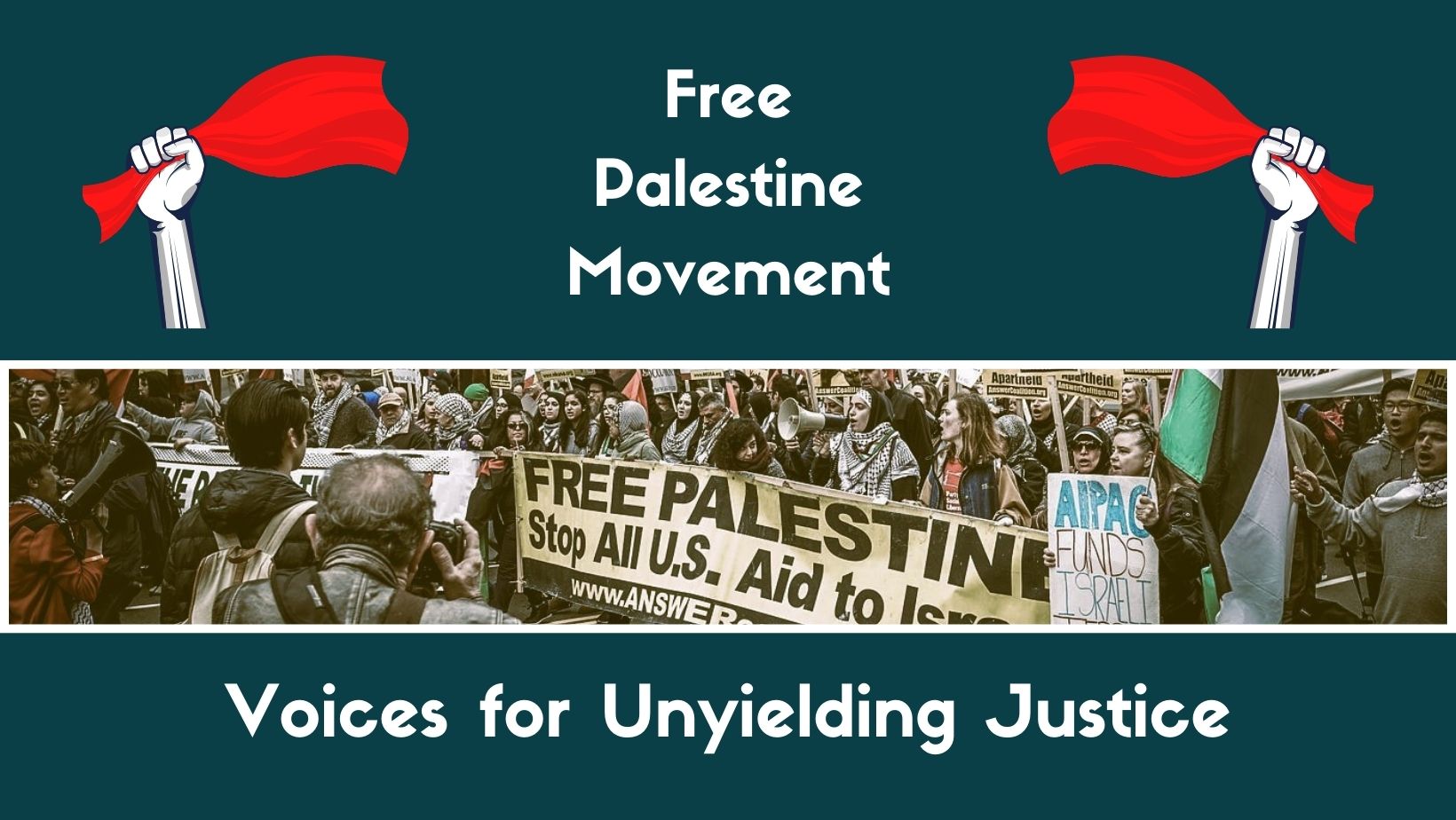
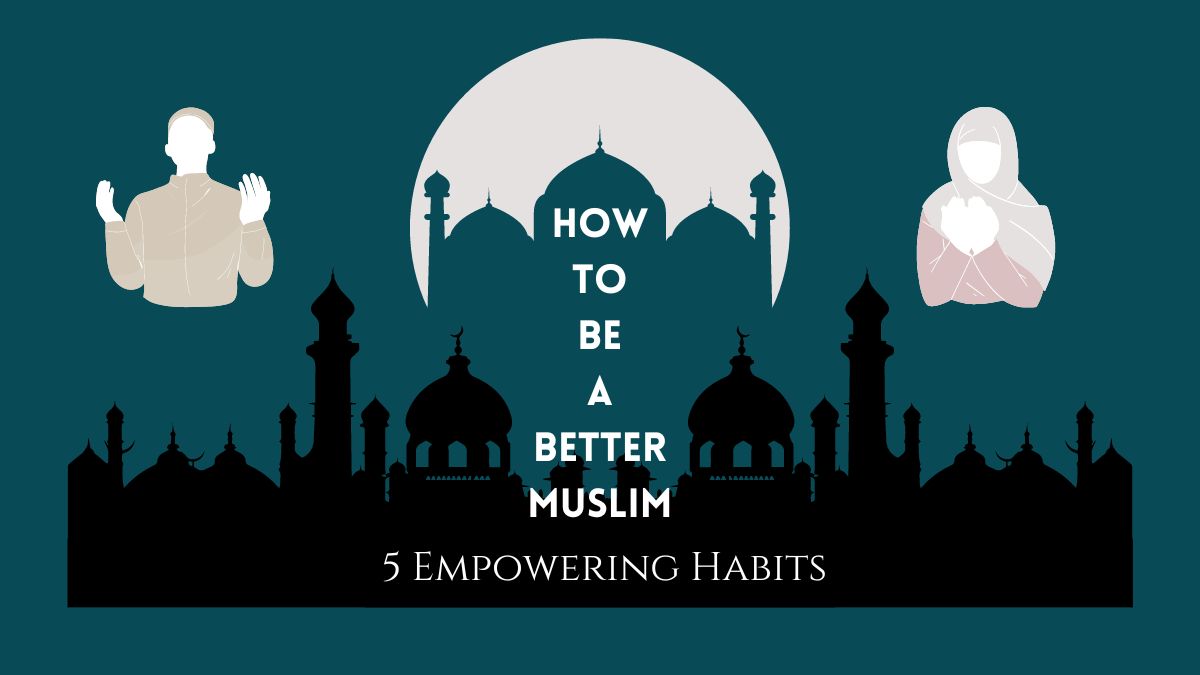
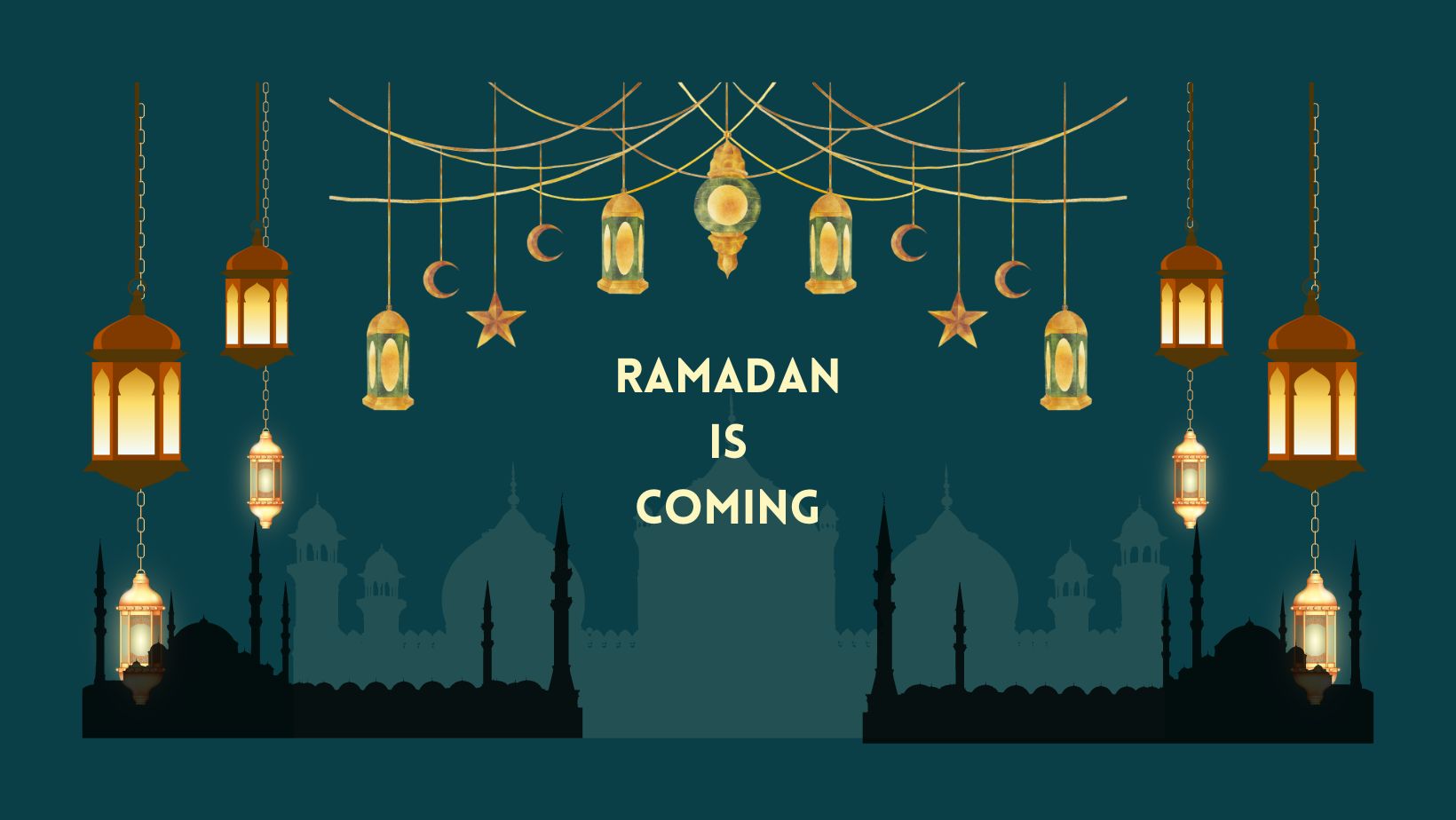
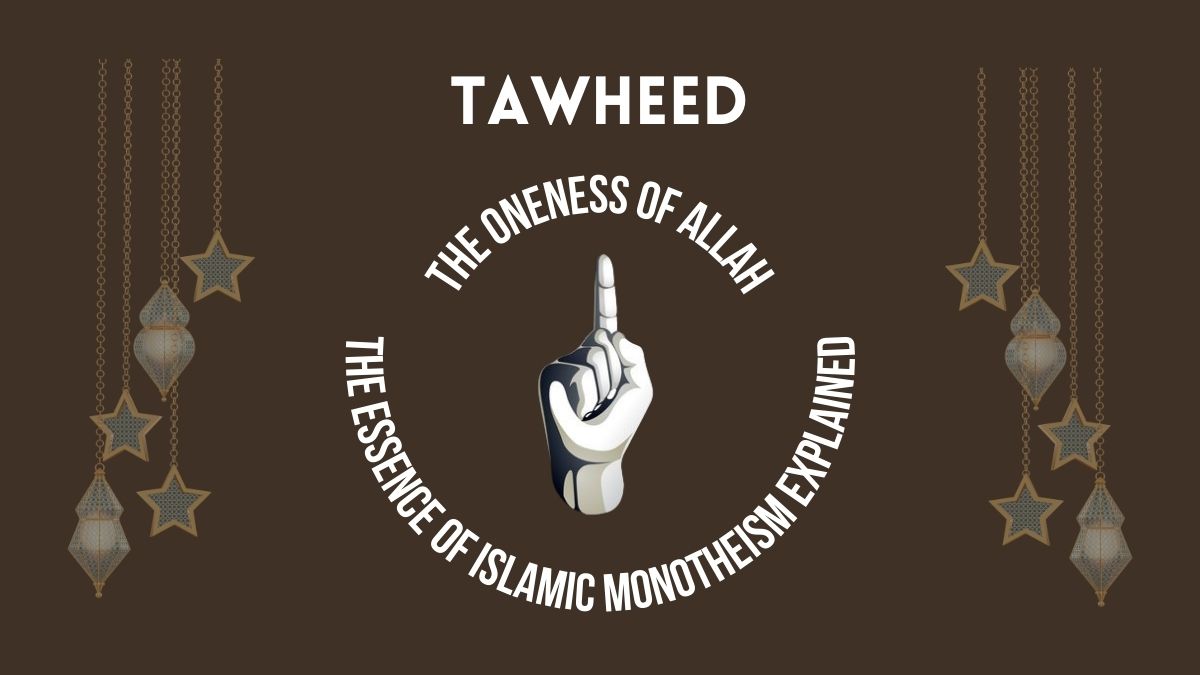
1 thought on “Free Palestine Movement: Voices for Unyielding Justice”